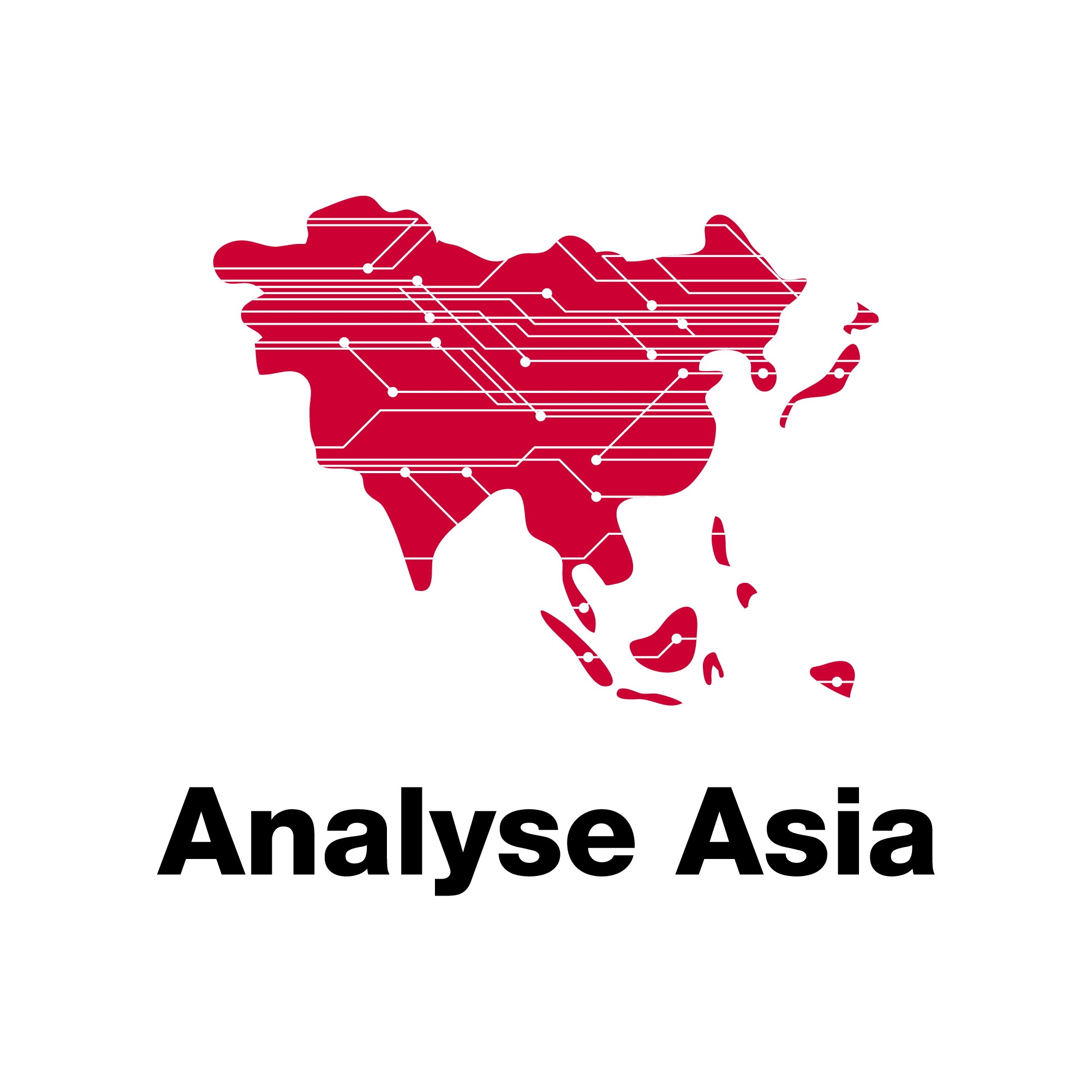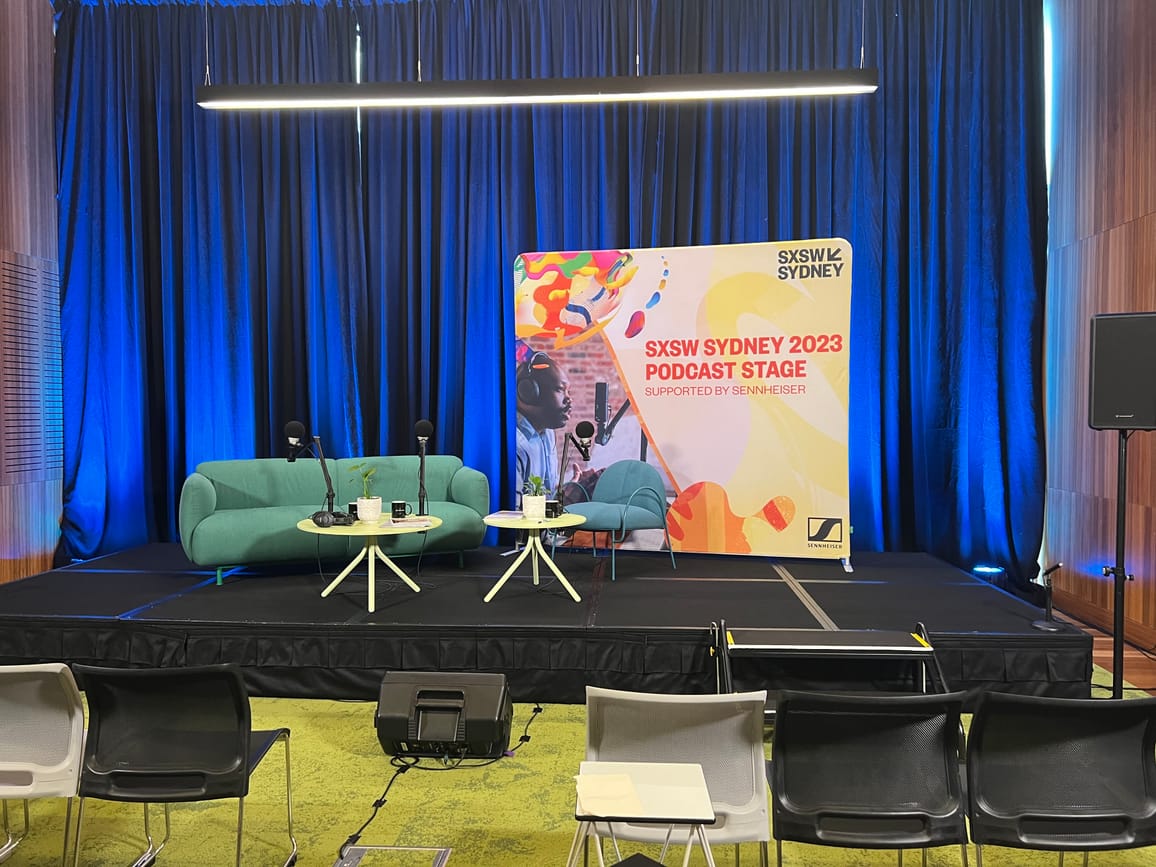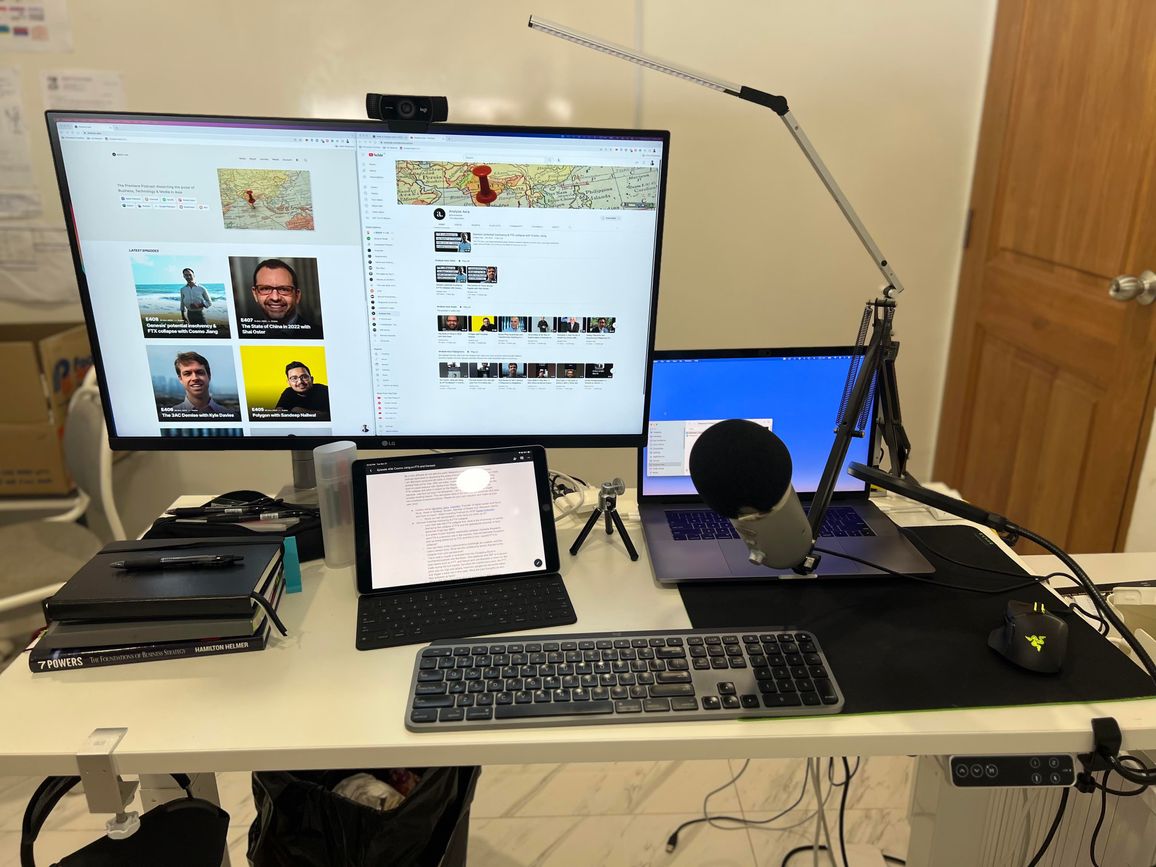Why I started Analyse Asia Podcast

Someone asked me why I have decided to start another podcast. After all, I have actually worked on an earlier podcast called “This Week in Asia” (or in short, TWIA), where a few of us from different parts in Asia sat down together and discussed interesting events happening in that particular week. We typically discussed the major news of the week, and had a lot of fun bantering over where the major players in Asia would go in the near future.
The primary goal of Analyse Asia is to produce a podcast which discusses, dissects and deeply dives into business, technology and media in Asia, made in Asia by people who are involved in the day to day of their respective ecosystems.
Given the vast landscape of possibilities, we focus on people with a deep understanding of his or her own respective country and ecosystem or who have been observing the trends and movement in Asia from the outside. After all, Asia has a total population of 4.4 billion, represent two thirds of the world population and housed three of the five major emerging markets (China, India and Indonesia).
The idea is to cover interesting trends in business, technology and media in Asia through three channels:
(a) Industry watchers or correspondents from media who cover Asia as a whole,
(b) Business leaders within the technology or media industry who are operating within Asia, and
(c) Important thought leaders coming from both startup, investor and business ecosystems.
There are also secondary reasons for the project. First, I have been bothered by the quality of the TWIA podcast for a while. I have a previous background in theatre and I have produced high quality plays on stages during my PhD days at Cambridge University. The same goes with building digital media products. What makes me happy in content creation, is a high quality podcast which I can consistently build and manage in a proper way. When multiple people speak via a single online communication channel, the sound quality tends to degrade over time. The problem is with the varying broadband speeds across Asia.This also often leads to multiple breakdowns. This in turn makes editing very tedious and arduous. Therefore, for Analyse Asia, I will only be doing one on one interviews.
Second, the job to coordinate a few people across the Internet is not an easy one, and with many of us working in corporate jobs, getting married and having kids, the task to get a few people at a common time to chat has become difficult. With the advances of modern communication technologies, I can reach out to anyone in the world by a video conference call and have a wonderful conversation with them on the subject matter at hand.
Third, there is a very little information about Asian companies and how they actually innovate within their challenging and difficult environments. The purpose of the podcast is to highlight how these companies found their competitive advantages and provide the audience from other parts of the world insights into how Asia is finding its feet on the ground in the areas of business, technology and media. I drew inspiration from different podcasts which I have listened weekly, for example, the talk show with Jon Gruber, Exponent with Ben Thompson & James Allworth, The Critical Path & Asymcar by Horace Dediu from Asymco, Tech.pinions Podcast (with Ben Bajarin), This Week in Tech with Leo Laporte and the Andreessen Horowitz a16z podcast (with Benedict Evans).
Behind the scenes of Analyse Asia, we select each person to interview and the discussion topics are settled before hand, which we share with the interviewee prior to the recording. Both myself and the interviewee also share links about the topic which we think will be of interest and help the audience navigate the topic. This vetting and research process allows for more insightful conversations that present information that may not have been picked up before.
The next step is distribution. We are currently distributing the podcast with a basic RSS feed, iTunes, Soundcloud, Blubrry and Stitcher.
We are always open to feedback and please drop us a note via the comments or feedback in our various channels.
Official Disclaimer: The opinions and thoughts expressed by Bernard Leong and his guests are strictly their own and do not represent the views of the organizations which they work for, represent or invest in.



